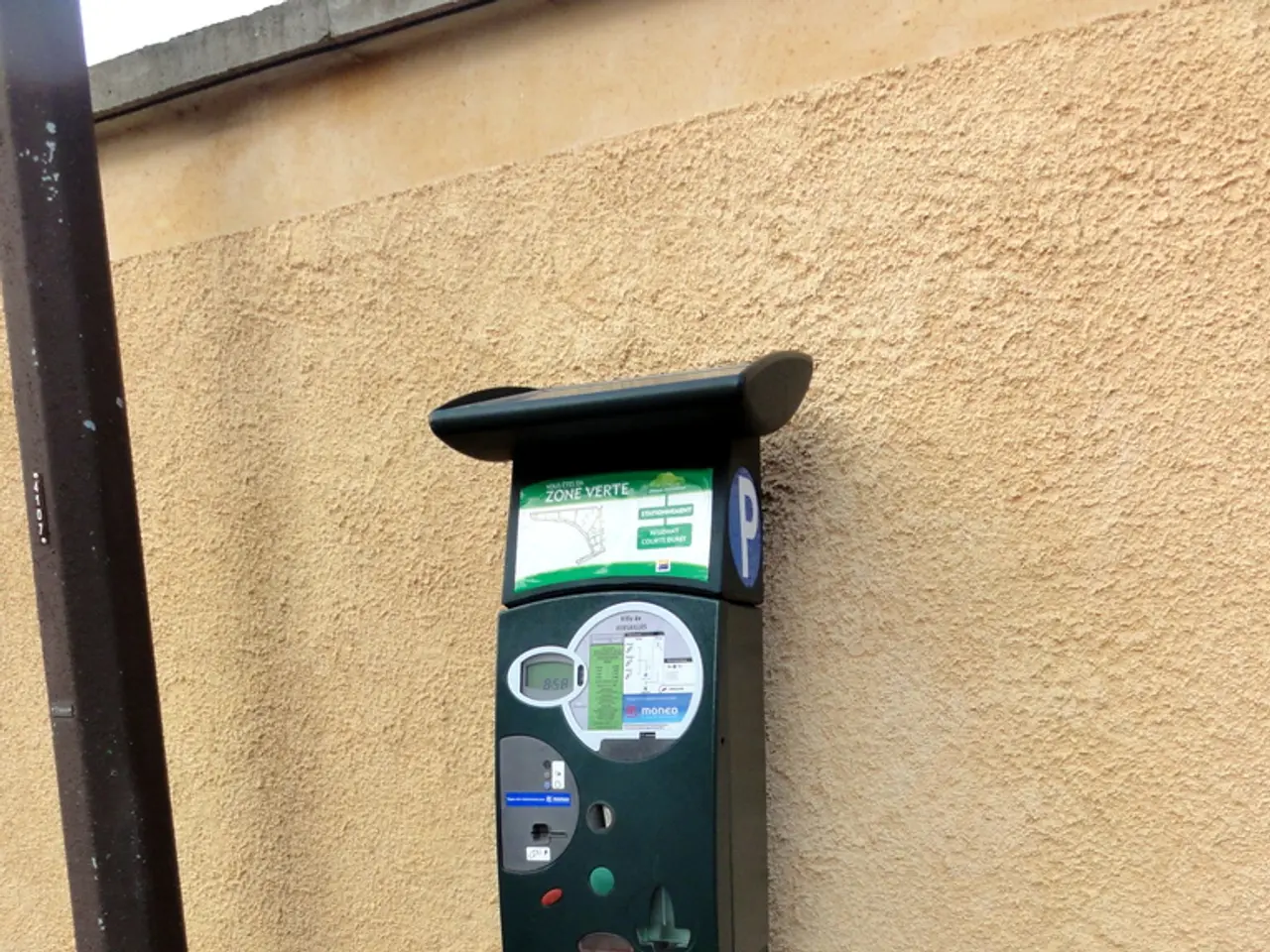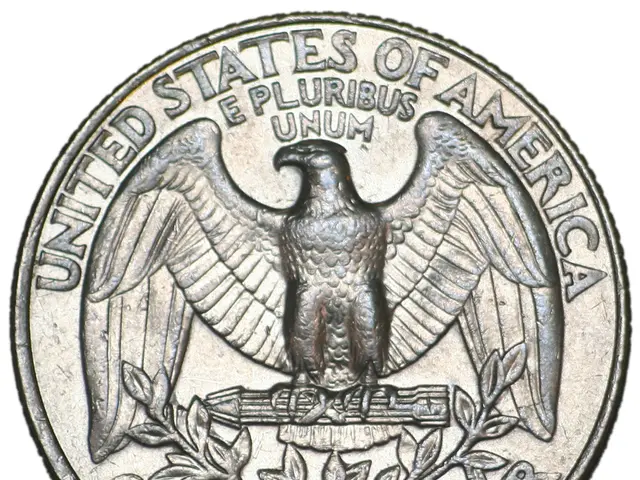tourists in greece no longer have to pay fees for using ATMs
In a move to enhance consumer protection and transparency, the Greek Ministry of Finance has announced a new regulation that abolishes charges for cash withdrawals from ATMs operated by Greek banks. This decision comes after a local bank was criticised for charging a €2 fee on withdrawals from third-party ATMs.
Under the new rules, withdrawals from banks that are part of the DIAS interbank system will be free of charge. A cap of €1.50 has been set for withdrawals from third-party ATMs, a significant reduction from the previous charges that ranged from €2.30 to €5 per transaction.
Digital money transfers, such as remittances, made via web, phone, or internet banking, will incur a one-time charge of €0.50. This charge does not affect digital money transfers, which incur a one-time charge of €0.50. The same full exemption will apply in municipalities where there is only one ATM, even if it is operated by a third-party company.
The new regulation has been well-received online, with users calling for similar policies in other European countries. Greece's new model places it among the more consumer-friendly regimes in Europe compared to countries like Turkey (3.59% average fees), Portugal (fees for foreign cardholders from independent ATMs), Germany, and Austria.
In Germany and Austria, withdrawals from another bank's ATM range from €1.95 to €5, but many banks in Germany belong to a fee-sharing network that allows free withdrawals from partner bank ATMs. In Portugal, independent ATMs often charge foreign cardholders fees ranging from €3 to €4.
While there is no specific information available indicating that other European countries are currently planning to follow Greece's example of abolishing or capping ATM fees, the trend towards reducing banking fees and increasing consumer protection is evident across Europe. This trend is driven by consumer advocacy and regulatory efforts to ensure fair and transparent banking practices.
It is important to note that all cardholders can still check their balance free of charge at any ATM. The measures aim to improve transparency and ease of use for customers.
While not all European countries may adopt the exact same policies as Greece, there could be increased scrutiny and potential regulatory actions in other countries to address consumer concerns about banking fees. The European Union has implemented various directives aimed at enhancing consumer protection in financial services, which might influence national policies on banking fees.
In conclusion, the new regulation in Greece is a significant step towards more consumer-friendly banking practices. As other countries consider similar measures, consumers across Europe may soon enjoy more affordable and transparent banking services.
- The new regulation in Greece, aimed at enhancing consumer protection and transparency, is being applauded online, with people calling for similar policies in other European countries.
- In Germany and Austria, withdrawals from another bank's ATM range from €1.95 to €5, but banks in Germany that belong to a fee-sharing network allow free withdrawals from partner bank ATMs.
- In Portugal, independent ATMs often charge foreign cardholders fees ranging from €3 to €4, making it less consumer-friendly compared to Greece's new model.
- While other European countries may not adopt the exact same policies as Greece, the trend towards reducing banking fees and increasing consumer protection is evident across Europe, driven by consumer advocacy and regulatory efforts.




